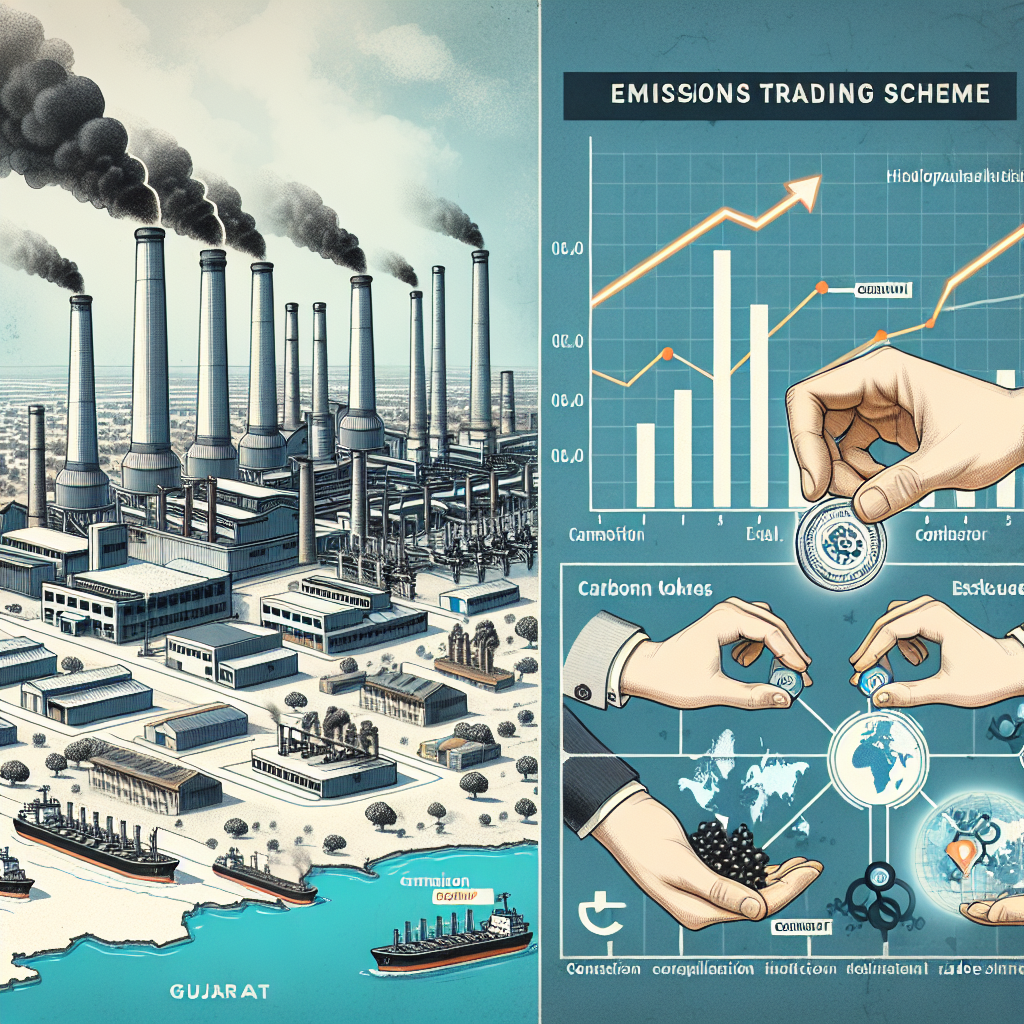Canada's New Approach to Emissions: From Caps to Carbon Pricing
Canada may scrap a cap on oil and gas emissions, opting for strengthened industrial carbon pricing and carbon capture technology instead. The budget proposal, linked to Prime Minister Mark Carney's government, aims to drive down greenhouse gas emissions through a nationwide agreement, enhancing investment certainty in the process.

In a significant shift in environmental policy, Canada is considering removing its cap on oil and gas emissions. The federal government, as revealed in Prime Minister Mark Carney's initial budget, seeks alternative measures involving robust industrial carbon pricing and advancements in carbon capture and storage technology.
This decision is part of a broader climate strategy that prioritizes collaboration with provincial governments to enhance the existing carbon pricing mechanism. The government plans to establish a 'pan-Canadian agreement' to streamline investment confidence and apply federal standards where provincial efforts fall short.
Stakeholders within the oil and gas industry, particularly in resource-rich regions like Alberta, argue that stringent pricing mechanisms could undermine competitive standing internationally. Meanwhile, corporate investments in key decarbonization projects are deemed critical for progress, highlighted by tax incentives for carbon capture initiatives.
ALSO READ
-
EU Climate Ministers Debate Weaker 2040 Emissions Target
-
Canada's Bold Budget: Navigating Fiscal Challenges Amidst Economic Shifts
-
Canada's Climate Conundrum: Emissions Cap May Be Scrapped for Alternative Measures
-
Global Emissions Gap: Nations Miss Climate Targets Amid Escalating Warnings
-
Canada's Bold Budget: Infrastructure, Defense, and Economic Transformation









